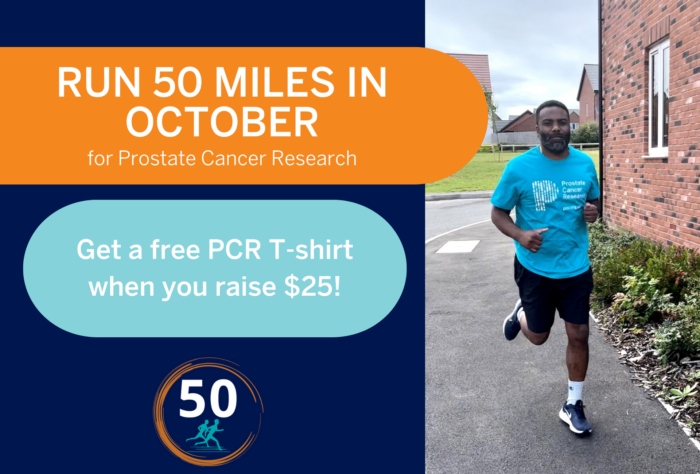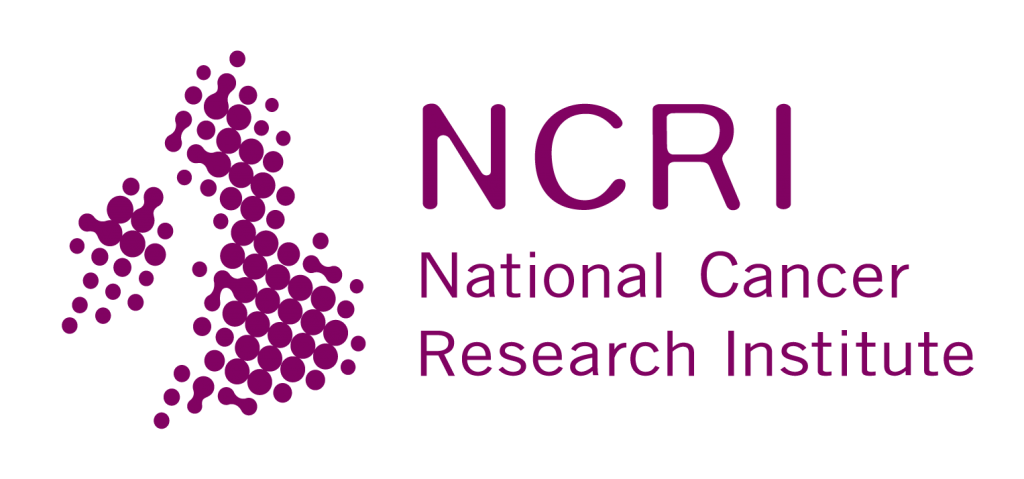

We are delighted to announce that PCR has joined the National Cancer Research Institute (NCRI) as a partner! The NCRI was set up in 2001 to build on an informal collaboration between cancer research funders and become a strategic partnership with links across the world. We are excited to work with other NCRI partners in order to better understand where we should focus our research to have maximum impact for prostate cancer patients.
Our CEO, Oliver, explains why we are so excited to have joined the NCRI as a partner.


At Prostate Cancer Research (PCR) we have significantly increased our research in the last year and we felt that being part of a coordinated approach was now appropriate for an organization making a significant contribution to prostate cancer research spend.
We felt that we could learn from being part of the network, and that it would help us in making the right decisions about where to spend our finite funds. We also liked the values and culture of NCRI, and we felt they aligned strongly with our own.
I think we are most looking forward to learning from the other partners and working with the NCRI team to get better data on where we should focus our research. We would like to improve the quality of the science we fund by using the extended networks available to NCRI.
There is a cohort of new scientists with interesting ideas that are using new technology to solve problems that we haven’t been able to solve before. In prostate cancer we are getting some incredible ideas from a wide range of areas of research and it feels as though any of them could produce exciting results.
A huge number of the cohort of great new scientists come to the US because it is such an incredible global hub. Those individuals won’t choose us if we have more barriers and are less welcoming than other global centers for science. The best people have the greatest number of choices about where they can work.